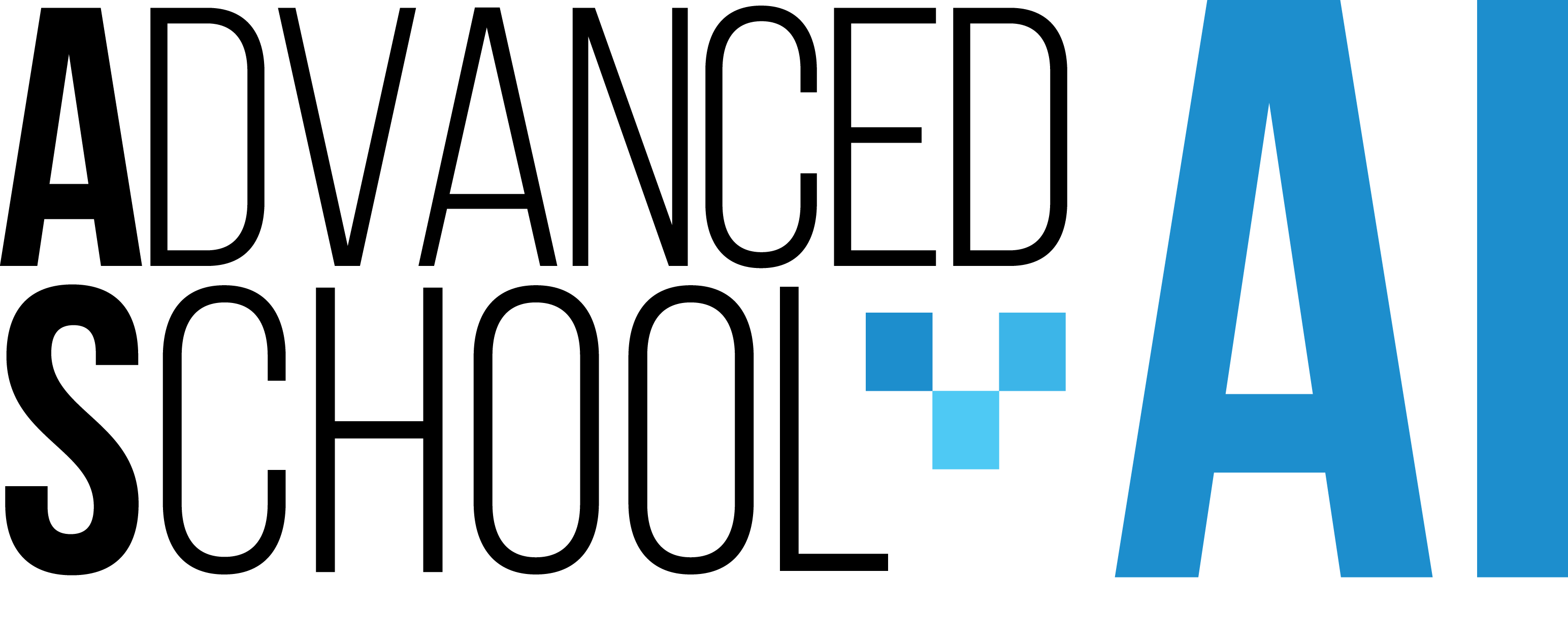Contents
The goal of this Track is to train new Machine Learning professionals that are able to apply state of the art algorithms to real world industry problems. The course is structured to give students both the scientific foundations to understand deeply the main ML concepts, and a technical preparation to implement new algorithms in the real world. To pursue this approach, students will work on a real project from the very beginning of the School.
The demand for professionals with those skills is soaring: IBM projects that by 2020 the number of annual job openings for all data savvy professionals in the United States alone will increase by 364,000 openings to 2,720,000 (source). Also the renowned business magazine Forbes reported that “Machine learning, big data, and data science skills are the most challenging to recruit for and potentially can create the greatest disruption to ongoing product development and go-to-market strategies if not filled” (source). The School is built to fit into this scenario, creating new professionals whose skills are highly requested and valuable on the Job Market.
Professional possibilities after the School
- Internship in the company providing the use-case project.
- Employment in the company providing the use-case project.
- Professional employment in the private sector.
- Application for a PhD with bursary after the School, either in Italy or abroad, as the first step towards an academic career leading to a Research Profession.
- Possible enrollment during the School, and specifically after the successful admission to the internship, to a PhD program without bursary, in particular the “PhD in Computer Science – University of Plymouth (Plymouth, UK)” (made possible by an agreement between ISTC-CNR and the University of Plymouth).
Topics of Project and Internship (each student Project will focus on a sub-set of topics)
- machine learning and AI techniques and best practices
- datamining
- statistical pattern recognition
- supervised learning
- unsupervised learning
- bias/variance theory
- perception control
- web search, anti-spam
- medical informatics
- database mining


